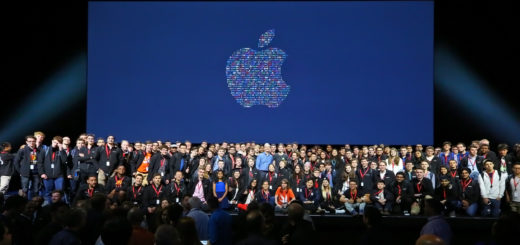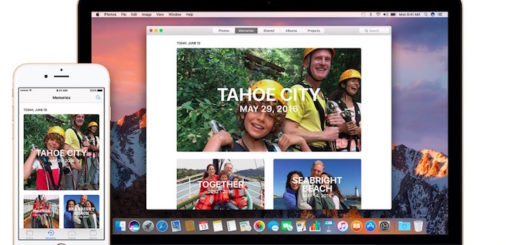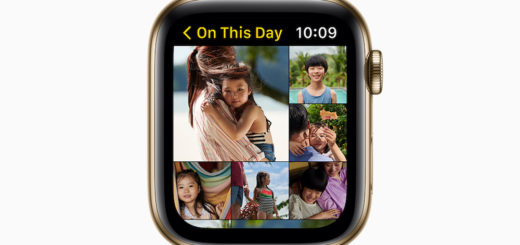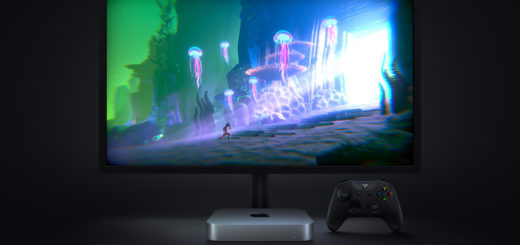Apple Music reaches Spatial Audio deal with Mercedes-Benz
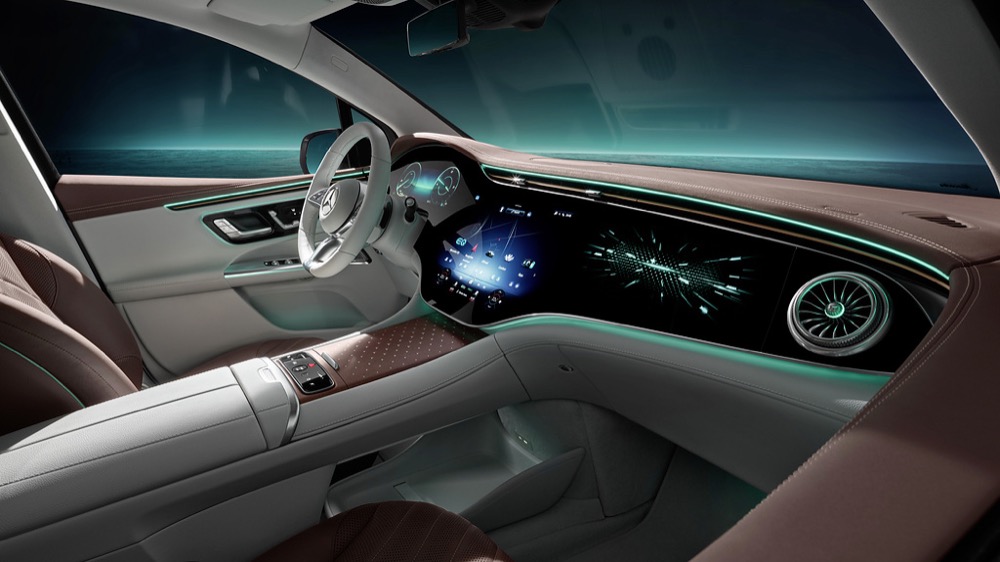
Mercedes-EQ. EQE SUV. Interior.
Apple has reached an arrangement to bring premium immersive Spatial Audio in Apple Music to Mercedes-Benz vehicles. It’s a big step forward for Dolby Audio and an interesting convocation of two big brands – but I think there’s more to the deal than we can see from here.
What’s the deal?
The deal was announced to chime with the Paris Motor Show on Sunday October 16. The arrangement is that Spatial Audio with support for Dolby Atmos becomes a native experience in Mercedes-Benz vehicles for the first time. They say this “delivers on a shared commitment to provide customers worldwide with the very best music experience.”
Details:
- Apple Music with Spatial Audio is fully integrated with the MBUX infotainment system in Mercedes-Maybach models, the EQS and EQS SUV, as well as the EQE and the S-Class.
- The vehicles are equipped with amazing audio systems, which means you can anticipate studio-quality, multidimensional sound, and clarity.
- The limited edition Mercedes-Maybach by Virgil Abloh is the first model in the Mercedes-Benz lineup to offer a super-high quality audio system. This includes 31 speakers, comprising six 3D speakers that emit sound from above, four near-ear speakers in the front seats, an 18.5-liter subwoofer; eight sound transducers (two per seat); two amplifiers; and 1,750 watts of power.
- MercedesBenz is working with Apple Music and Universal Music Group (UMG) for an ‘Apporoved in a Mercedes-Benz kitemark in song approval process for in-car audio.
- Mercedes-Benz drivers subscribed to Apple Music gain immediate access to all the music offered via the service including its radio channels.
- Both Audi and Fiat already offer Apple Music packages.
- Fiat offers Apple Music to customers who purchase some of its vehicles.
- Audi integrates Apple Music directly into the infotainment system of select models.
- Apple, CarPlay and Apple Music continue to reach deals with automakers.
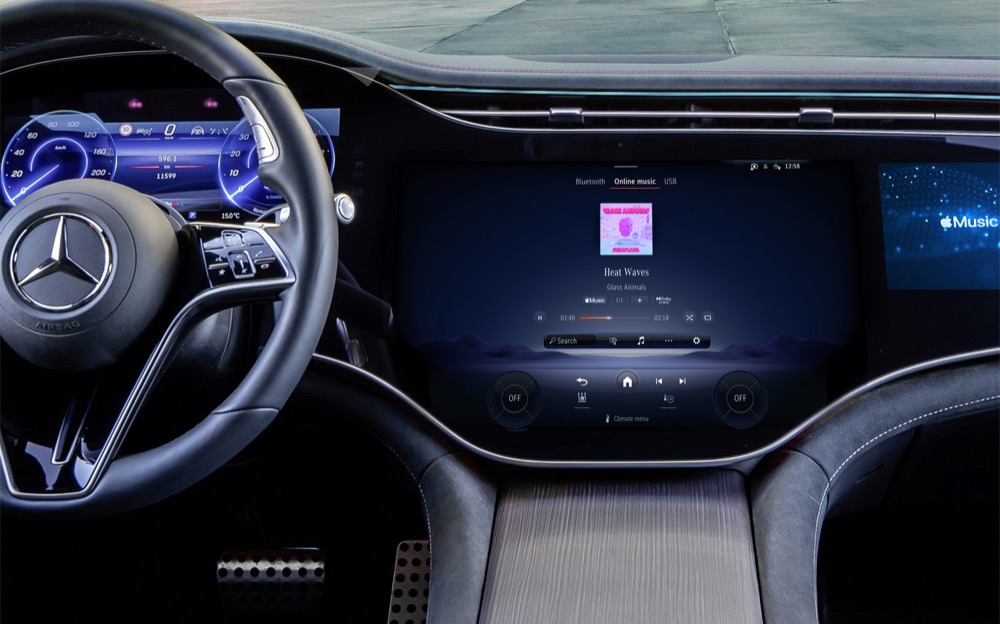
What Apple said
“Sound quality is incredibly important to Apple Music, which is why we are so excited to be working with Mercedes-Benz to make Spatial Audio on Apple Music available natively in the car for the first time,” said Oliver Schusser, Apple’s vice president of Apple Music and Beats.
“Spatial Audio is revolutionizing the way artists create and fans listen to music. It’s an experience that is impossible to explain in words; you have to hear it for yourself to appreciate it. Together with Mercedes-Benz, we now have even more opportunities to bring wholly immersive music to our subscribers all over the world.”
What Mercedes-Benz said
“We’re joining forces to offer our customers a benchmark music experience unparalleled in the industry,” said Markus Schäfer, Mercedes-Benz Group AG’s chief technology officer and a member of the board of management.
“We are proud that our vehicles will be the first-ever non-Apple devices to feature immersive Spatial Audio with Dolby Atmos. This seamless experience shows how in-car entertainment can reach exciting new levels by perfectly integrating hardware and software.”
What UMG said
Sir Lucian Grainge, Chairman and CEO of Universal Music Group, said:
“This important step in the history of recorded music is the culmination of years of working together with our partners at Dolby to develop the Dolby Atmos Music format so we can provide our artists with an even wider palette for their creative expression.
“With Mercedes, a company that shares our passion for quality and innovation, fans can now enjoy our artists’ music in Mercedes cars in a way that virtually transports them to the recording studio or live stage.”
What Dolby said
“In 2021, we launched partnerships with both Mercedes‑Benz and Apple Music to bring music in Dolby Atmos to more people around the world,” said Kevin Yeaman, President and CEO of Dolby Laboratories. “Today, backed by a robust and growing catalogue of music available in Dolby Atmos from our partners at Universal Music Group, these efforts come together to give Mercedes customers a one-of-a-kind immersive music experience in Dolby Atmos, setting a new bar for how music should be heard in the car.”
What to think about
While terms of the latest agreement were not disclosed, I’m almost completely convinced a revenue sharing arrangement of some kind has been reached.
Vehicle manufacturers are all-in on car subscriptions at this time. Many vehicle makers are gathering and monetizing driver data. McKinsey & Co predicts this will become a $400b business by 2030. Some companies (such as Stellantis) are building networks to provide software-based vehicle feature upgrades.
Manufacturers are also keen to offer additional functionality as a software-based service in the same way as they offer vehicle trim. BMW charging a monthly fee for heated seats is a hint at what is possible.
Apple seems to be jostling to play its own part in this future. At WWDC it discussed plans to improve CarPlay in 2023.
“CarPlay will be able to provide content for multiple screens within the vehicle, creating an experience that is unified and consistent,” the company said.
“Deeper integration with the vehicle will allow users to do things like control the radio or change the climate directly through CarPlay. Using the vehicle data, CarPlay will seamlessly render the speed, fuel level, temperature, and more on the instrument cluster. Users will be able to personalize their driving experience by choosing different gauge cluster designs, and with added support for widgets, users will have at-a-glance information from Weather and Music right on their car’s dashboard. More information about the next generation of CarPlay will be shared in the future, and vehicles will start to be announced late next year.”
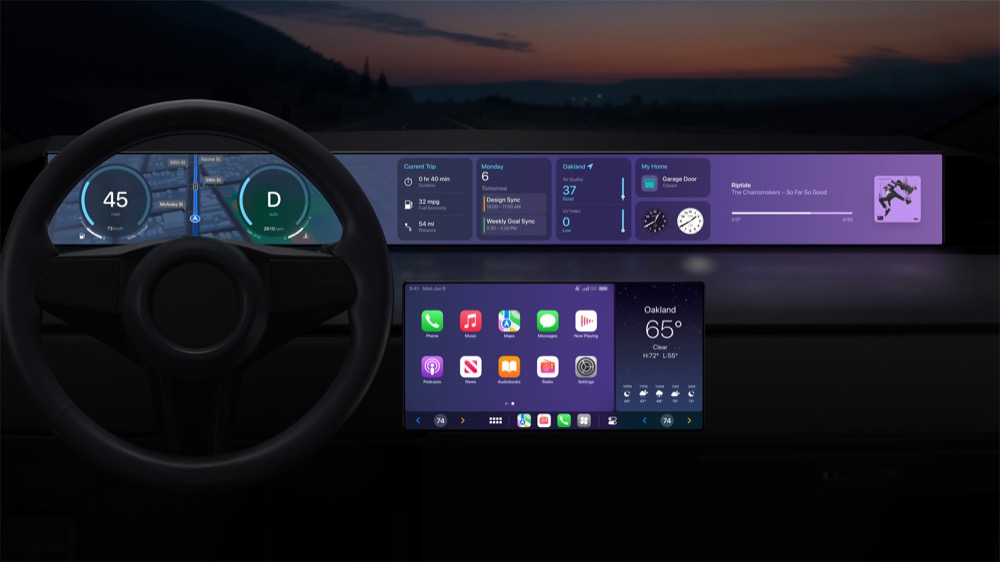
Sharing control, ceding control or taking control?
You could argue that support for Apple Music and CarPlay sees manufacturers ceding control of an important component of the customer experience.
However, if that is the case then they must also be gaining in the deal. One gain I can imagine (and this is speculation so don’t take this as a fact), is that by linking up with Apple’s ecosystem car makers can also exploit Apple’s software distribution system. How much easier would it be for customers if vehicle software patches could be safely downloaded and installed while the vehicle was parked up overnight over a reliable network connection? What if vehicle makers could sell software-based unlocks and additional features via a highly secure and curated App Store for Auto? I can see no valid argument to make car software available via an open market, given the risk of hack attack on public road safety.
With Apple Car perhaps driving into view, it’s also possible Apple is reaching framework deals with automobile makers to join forces on future smart autos.
That may not be the Apple way, but in an inherently secured marketplace defined by the balance between tech features and public safety, this may make sense. It may also explain what I sense as growing friction between Apple and Elon Musk. That friction was recently evidenced by that Apple satellite connection spoiling Starlink/Verizon deal.
If any of these wild stabs at speculation are anywhere near correct, we’ve got interesting times coming on our roads.
Please follow me on Twitter, or join me in the AppleHolic’s bar & grill and Apple Discussions groups on MeWe.
